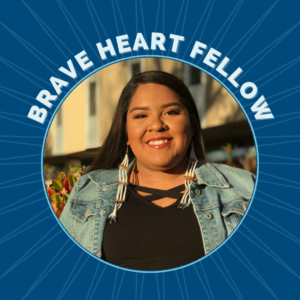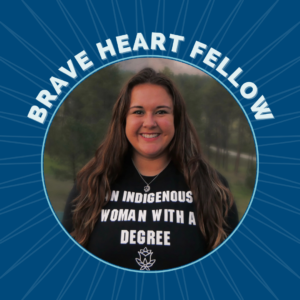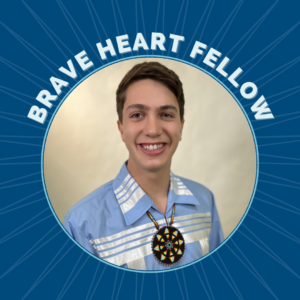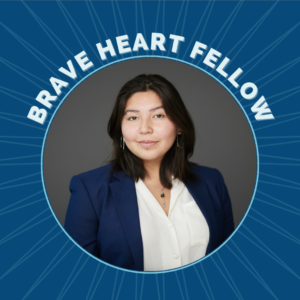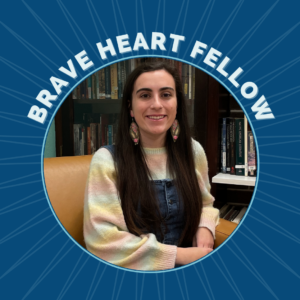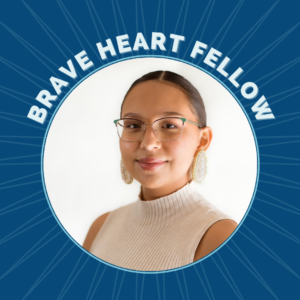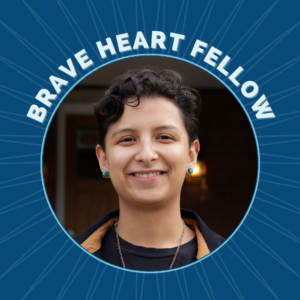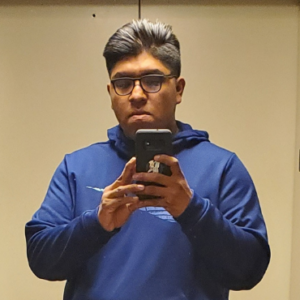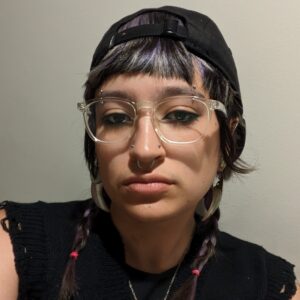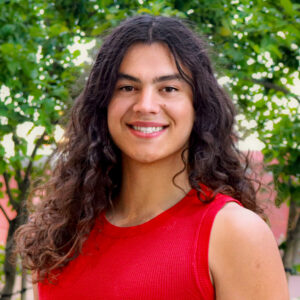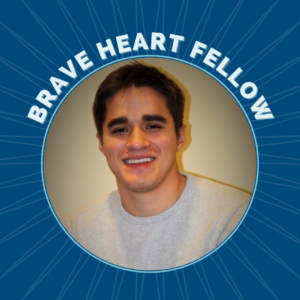Providing pathways for Native youth leaders to enhance their skills as protectors of our lands, waterways and sacred sites, and stewards for food sovereignty.
About the Program
The Center for Native American Youth (CNAY) created the Brave Heart Fellowship (BHF) to uplift youth voices, while addressing the representation gap and inequities facing Indigenous Peoples in the fight for climate justice.
The program centers Native youth (ages 18-24) in environmental justice efforts by equipping them to advocate and mobilize their communities to advance food sovereignty and protect traditional lands, waterways and sacred sites – preserving Native culture, paving the way for an Indigenous-led future and protecting the Earth for all.
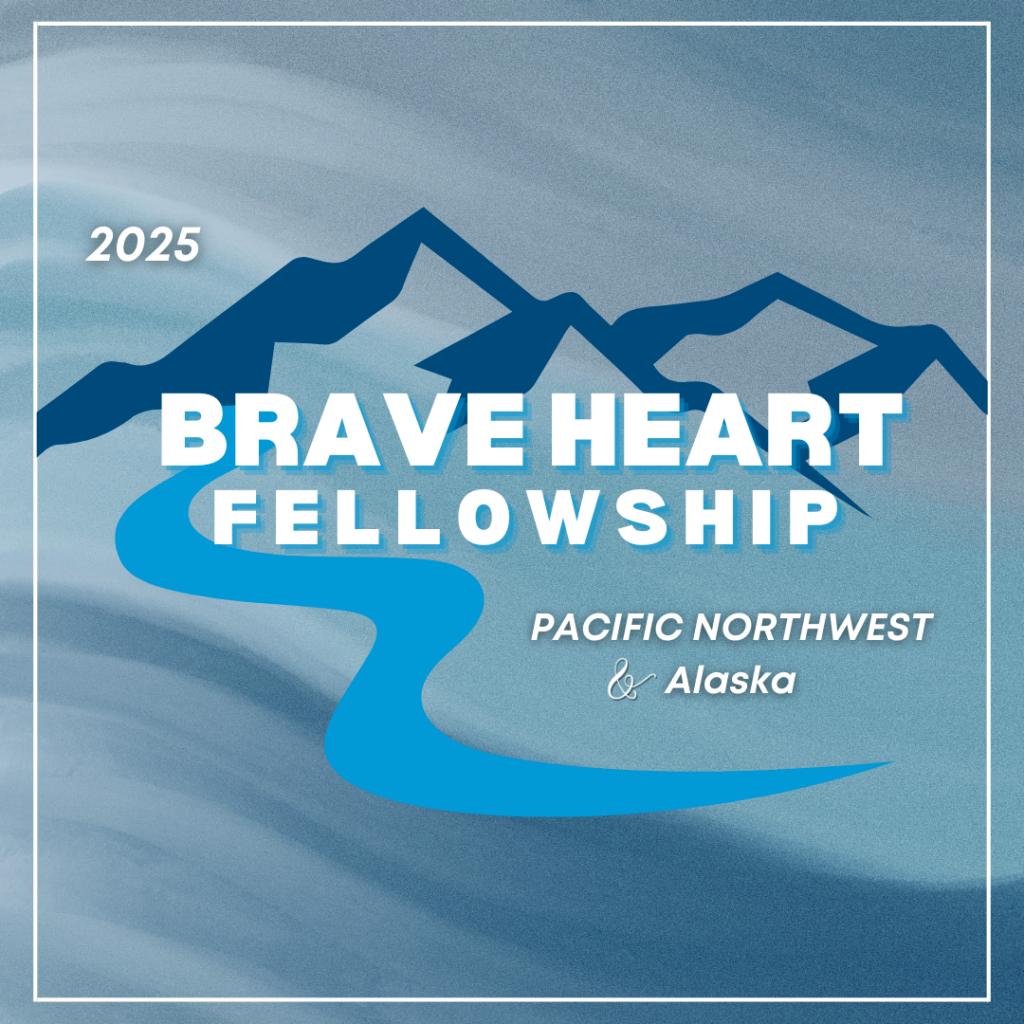
This regional fellowship supports youth-led change through a culturally-competent curriculum, intergenerational learning space and promotion of policy change at the tribal, local, state and national level. Fellows work alongside community members and like-minded organizations to address how issues of man-made disruption, climate change and natural disasters have impacted the land beneath our feet.
Get Involved
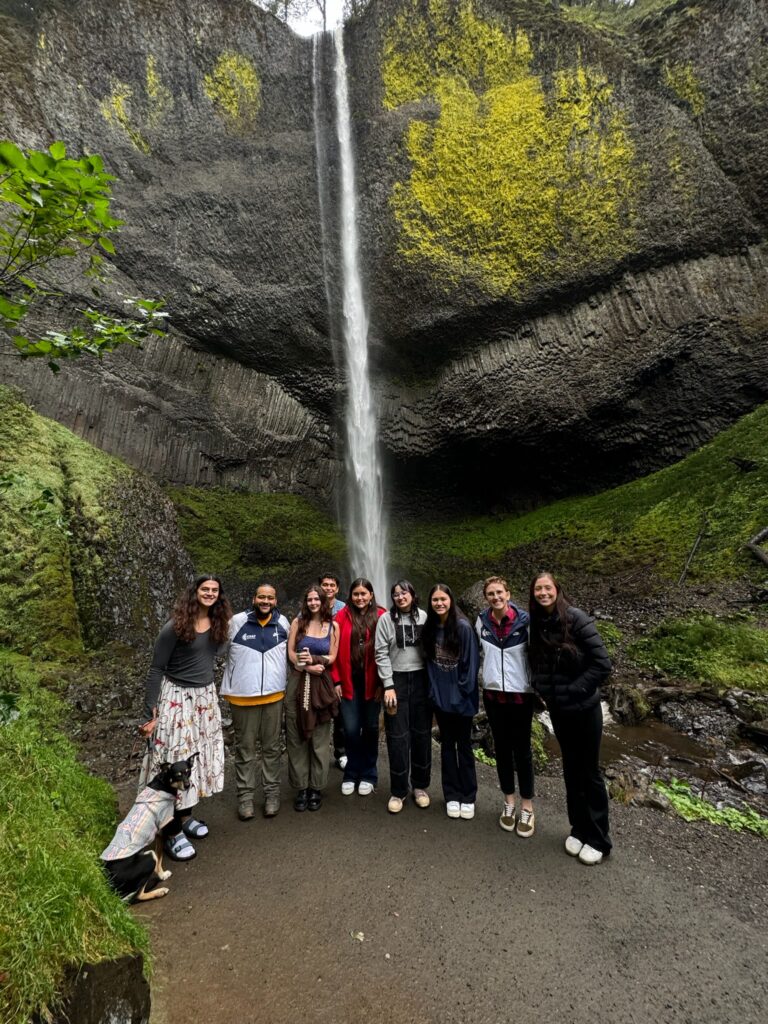
2025 Brave Heart Fellowship applications have now closed. The new cohort of fellows will be announced in January. If you have any questions or concerns in the meantime, please contact Katy Stewart: katy.stewart@aspeninstitute.org.
Selected youth from the Pacific Northwest & Alaska will receive micro-grants and technical assistance to develop and implement environmentally-focused community action projects. These can take various forms, including written reports, tribal ordinances, digital campaigns, events, workshops, research projects or anything else identified as a need. Learn more about the 2024 Fellows: Second Annual Brave Heart Fellowship Empowers Native Youth Fighting Climate Change
Learn More
Key tenets of the Brave Heart Fellowship include narrative change, education and community action surrounding the pivotal role of Native American youth in preserving our planet.
Narrative Change
BHF provides a platform for Fellows to share their work in their own voice, furthering the narrative and discourse surrounding Native American youth, climate justice and land conservation. We encourage Fellows to approach and reframe conservation efforts from a Native perspective and provide unique opportunities to highlight their efforts through local and national media outlets.
Community of Learning
At CNAY, we recognize the critical importance of cultural knowledge. Fellows engage with Tribal leaders, members of their community, land conservationists, policy leaders and other experts to develop comprehensive knowledge of the current threats to lands, waterways, traditional foods and sacred sites. BHF encourages intergenerational learning – the passing down of stories, cultural happenings and the histories of the land from elders to youth. Ultimately, it is our hope that Fellows become the knowledge keepers of their communities.
Community of Action
The power of youth-led community initiatives is undeniable. Fellows receive micro-grant funding and technical assistance to develop and execute Community Action Projects, which may include written reports, tribal ordinances and resolutions, digital media campaigns, events, blogs or other communication materials. This experiential learning opportunity facilitates growth in financial literacy, project and grant management, community organizing and other professional development skills.
Project Spotlight
Additional information and complete projects from former Fellows can be found under each individual bio below.

Olivia Chase (2024) used her platform to create a Cultural Burn Stockroom for the Cultural Fire Club at Cal Poly Humboldt filled with fire-grade Personal Protective Equipment (PPE), which is often inaccessible to Native youth.

Letkwu Moore Stanger (2024) used Geographic Information Systems (GIS) to create a Story Map of off-reservation state and federal lands available for members and descendants of the Colville Tribes to gather on.
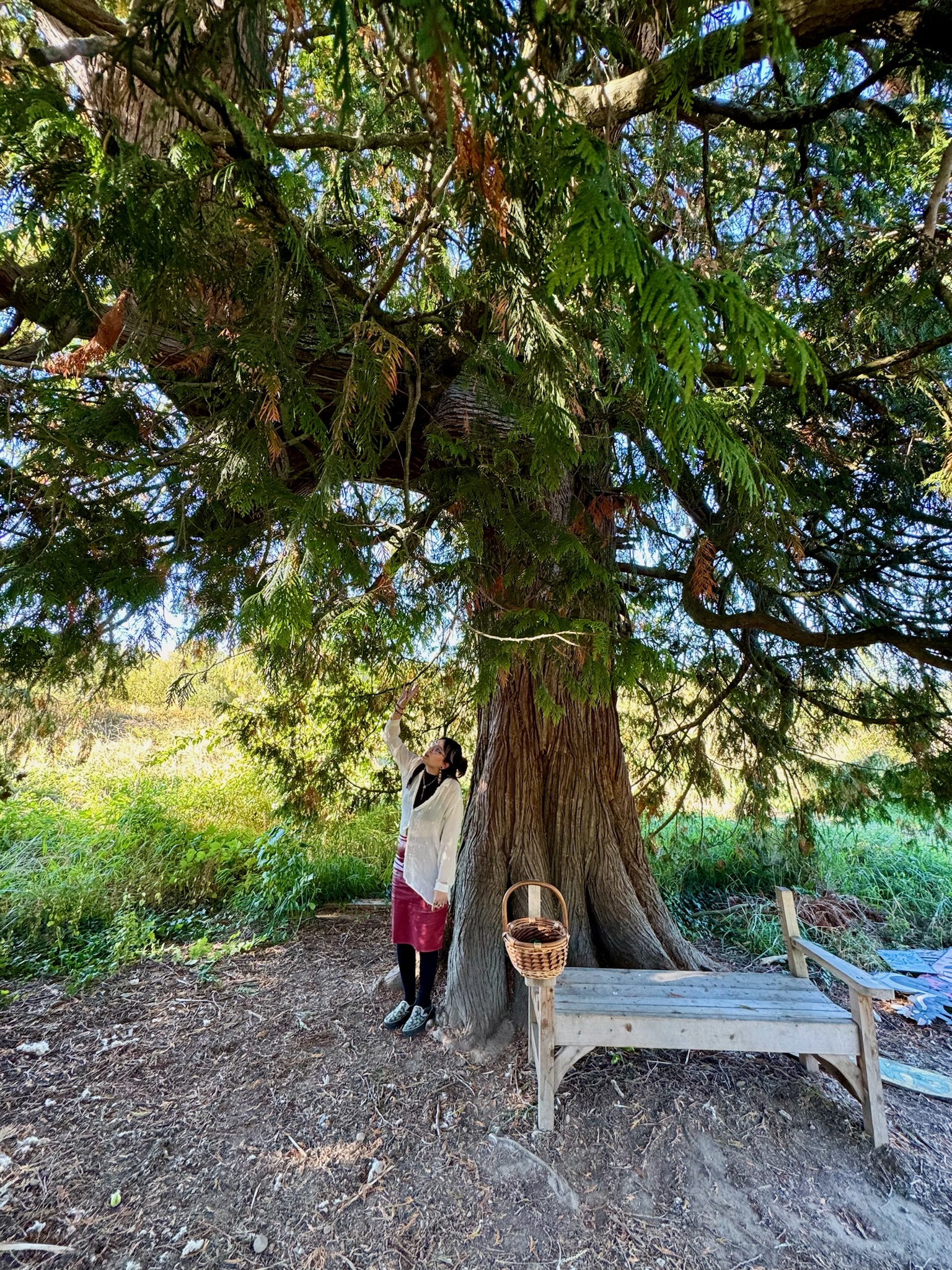
Letha Soto-Hauth (2024) planned a Traditional Ecological Knowledge event in Portland, which sought to increase access to first foods, bring awareness to cultural ecosystems and provide an avenue to give input on government land usage.


